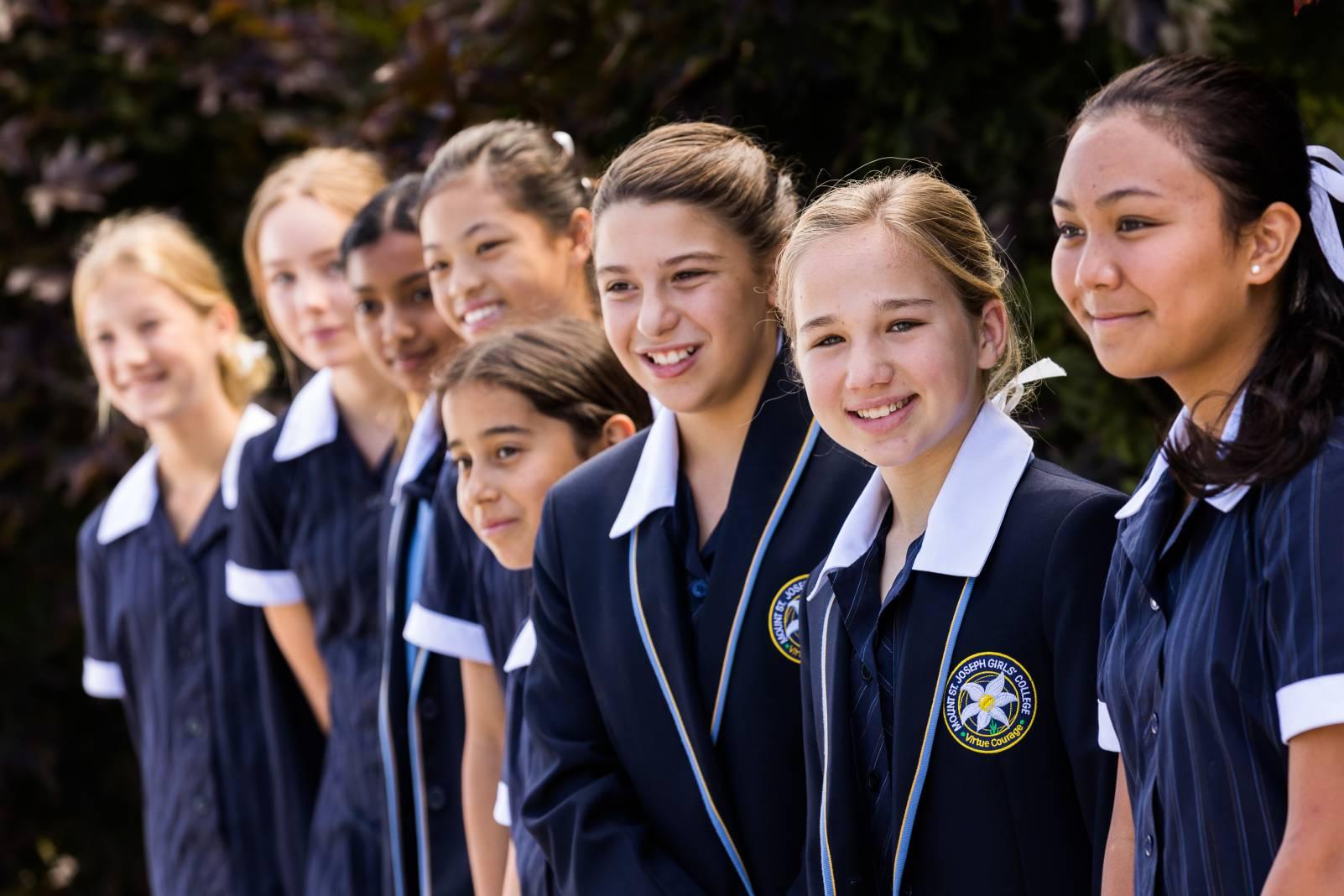Teacher feedback about student learning is essential for students and integral to teaching, learning and assessment. Feedback can clarify for students:
Feedback can occur at any point in the teaching, learning and assessment cycle. It may:
Students benefit from opportunities to self-assess, self-monitor and make judgements about their work in relation to standards and regular opportunities to reflect on their learning.
When students become reflective about the teaching and learning process, they are strengthening their own capacity to learn. Central to this is the principle of reflection where students are aware of and can describe their thinking in a way that allows them to "close the gap" between what they know and what they need to learn.
Reflection on learning is effective when students are able to easily describe:
NAPLAN testing at Years 7 and 9 took place May 14, 20 and 21. The results of the tests provide information for students, parents, teachers and principals, which can be used to improve student achievement.
Later in the year, parents and carers will receive student’s personal NAPLAN report. The report will describe your child’s particular skills in Reading, Writing, Language Conventions (spelling, grammar and punctuation) and Numeracy. The report will also show how your child performed in relation to national minimum standards. These describe the minimum acceptable standards for students across Australia.
Formal examinations provide students with the opportunity to demonstrate the depth of understanding of work covered over an extended period of time. It also provides students with first hand experience of formal examination procedures. The examination results, in conjunction with other assessment results, will provide students with significant feedback regarding areas of strength and areas of improvement.
The examination period for Year 11 students is Friday June 14 through to Friday June 21.
Students will be given an examination timetable and the dates and times of each exam must be read carefully.
All students must attend their scheduled exams in their full school uniform. There are no scheduled classes for Year 11 students during these exams so students are expected at school only for their timetabled exams.
The examination period for Year 10 students is Monday June 17 through to Thursday June 20. There will not be scheduled classes for Year 10 students on Friday June 21.
Year 10 exams will cover the core subjects of English, Religious Education, Humanities, Mathematics and Science only. All students must attend their scheduled exams in their full school uniform. There are no scheduled classes for Year 10 students during these exams, so students are expected at school only for their timetabled exams.
The examination period for Years 8 and 9 students is Wednesday June 19 through to Friday June 21.
Years 8 and 9 exams will cover the core subjects of English, Religious Education, Humanities, Mathematics and Science only.
The normal timetable continues where an exam is not scheduled. These arrangements will provide minimal disruption to the learning and teaching program and allows a more effective elective program.
As students prepare for examinations, it is important that you revisit your daughter's study at home routines and their effectiveness.
The key messages for study at home include: regular revision, sit as many practice exams as possible, and gain feedback on work from home, peers and teachers. Remember that sleep is important and technology should be turned off at least one hour before bedtime.
‘GAT CHAT’
VCE – Years 11 and 12
On Tuesday June 4, Period 4, all Years 11 and 12 students will be given significant information about the GAT. In preparation for the GAT, all Year 11 and 12 VCE students will be provided with information that emphasises the importance of the GAT and strategies that will assist them in completing the GAT. It is expected that all VCE Year 11 and 12 students attend.
The GAT will be held on Wednesday June 12 from 10.00am to 1.15pm. Students must arrive at least 30 minutes prior to its commencement. Students enrolled in a Unit 3/4 study will sit the GAT.
The GAT involves two written tasks on reading comprehension and communication of ideas and information, and a multiple choice test in two sections:
While the GAT results do not automatically contribute towards the VCE, the results do play a very important part in the final assessment of the VCE as they are used to check that the Examinations, SACs and SATs have been accurately and fairly marked. Further, if a student is ill, has an accident or experiences severe personal hardship at the time of an Examination, a student may apply for a Derived Examination Score (DES). The GAT results contribute towards the calculation of the DES.
Further information on the GAT can be found at:
http://www.vcaa.vic.edu.au/vce/exams/gat/aboutgat.html
Year 12 Excursion – University and TAFE
On Monday June 24, Year 12 students will get a taste of what university is all about. Students will spend the day touring two campuses. It is a great opportunity for Year 12 students to experience university life and view the facilities. Students will choose their Universities of interest and in groups will travel to the venues with staff. They will be given a map of the universities' grounds to explore the grounds, courses and faculties.
Joanna De Bono - Deputy Principal – Learning and Staff






